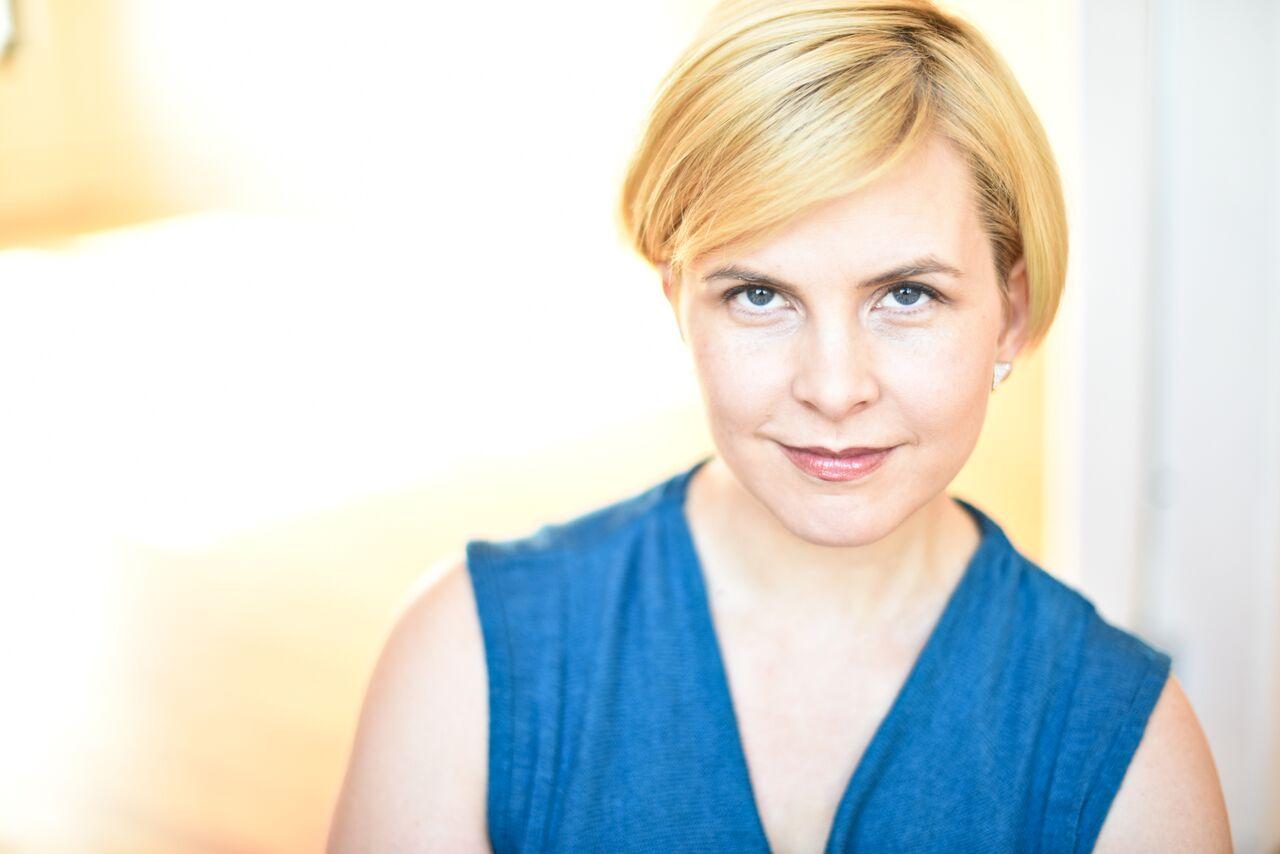- Acne
- Actinic Keratosis
- Aesthetics
- Alopecia
- Atopic Dermatitis
- Buy-and-Bill
- COVID-19
- Case-Based Roundtable
- Chronic Hand Eczema
- Chronic Spontaneous Urticaria
- Drug Watch
- Eczema
- General Dermatology
- Hidradenitis Suppurativa
- Melasma
- NP and PA
- Pediatric Dermatology
- Pigmentary Disorders
- Practice Management
- Precision Medicine and Biologics
- Prurigo Nodularis
- Psoriasis
- Psoriatic Arthritis
- Rare Disease
- Rosacea
- Skin Cancer
- Vitiligo
- Wound Care
Article
Don’t balance, integrate
Author(s):
Balance is difficult to achieve when it comes to work life and home life, but weaving them together to create a full life is worth the work.
Ms Thornley

Ask a medical practitioner how they balance the demands of their work and their personal lives, and you may be left with a laugh or sarcastic comment. The truth is, for many physicians, the stress and demands of the job don’t often mesh well with healthy balance on the personal end. But the phrase “physician, heal thyself” reigns true when it comes to finding balance in life, and corporate consultant Melissa Thornley has a prescription to help.
Balance can be a difficult goal to achieve, and Thornley says she prefers to call this goal “work-life integration.”
“Work-life balance is a fairy tale that just doesn't exist,” Thornley says. “In a moment that you feel like you reach it, poof! It vanishes and you're back at square one.”
Making the switch from thinking about work-life balance to integration takes some effort, though. It means looking at what is most important to us, and how what the things we value touch every aspect of our lives, she says.
“Work-life integration connects us to our purpose in life, to what makes us tick and what brings us joy. Instead of dividing our lives into our ‘work’ life and our ‘personal’ life, we can see all of it as our full life,” Thornley says. “It's not as though we shut off our life when we work.”
Trying to dismiss this quest for balance is difficult, mainly because most of us feel a pressure to balance our lives the “right” way, she says.
“It's easy to look outside of ourselves and assume someone else is doing it right and we are doing it wrong. A term like work-life balance could, in theory, help us lead healthier lives,” she says. “What's happening instead is it's just another opportunity to beat ourselves up because we're not doing it right, because we're not balanced enough.”
The key, Thornley explains, is to understand that there is no “right” way to find that happy medium, and that we all must be prepared to make sacrifices in some way.
“Accept that sacrifices will be made, and that it's not only okay-it's worth it. One of the definitions of sacrifice is to give up something valued for something regarded as more worthy. That's the definition I use as it reminds me that sacrificing is serving our values and what is deeply important to us,” Thornley says. “What is deeply important to us might change over time with circumstances. Maybe we're raising young children or caring for aging parents, both of those circumstances would require more family attention. Alternatively, if our business is expanding or we've taken on a new role or project, that might require more time and effort for a period of time.”
Thornley suggests that in moving toward work-life integration, we must take time to consider what’s really important in our own lives and make room for that.
“The more specifically we can name what we cherish, the more authentically we'll be able to claim it in multiple areas of our lives,” she says.
Her next suggestion is to include those around you in this journey and ask for help in reaching your goals.
“Communicate what's important and ask for support. If people around us don't know what's important to us, how can they support us?” Thornley asks. “Maybe a colleague would prefer discussing something while going for a walk instead of sitting in a traditional meeting? Maybe a neighbor would love to try tennis lessons, too? We don't know unless we ask. So much is possible when we look to each other for inspiration, accountability and support.”
Finally, Thornley says remember that we each choose our own path, and there is no one way to get to the destination.
“We get to choose what works for our lives. We also are responsible for taking the actions, even if they are just teeny tiny steps, to move towards what we want in life,” Thornley says. “Ultimately, it's the teeny tiny steps that we take regularly that over time get us where we want to go in life.”
Newsletter
Like what you’re reading? Subscribe to Dermatology Times for weekly updates on therapies, innovations, and real-world practice tips.














